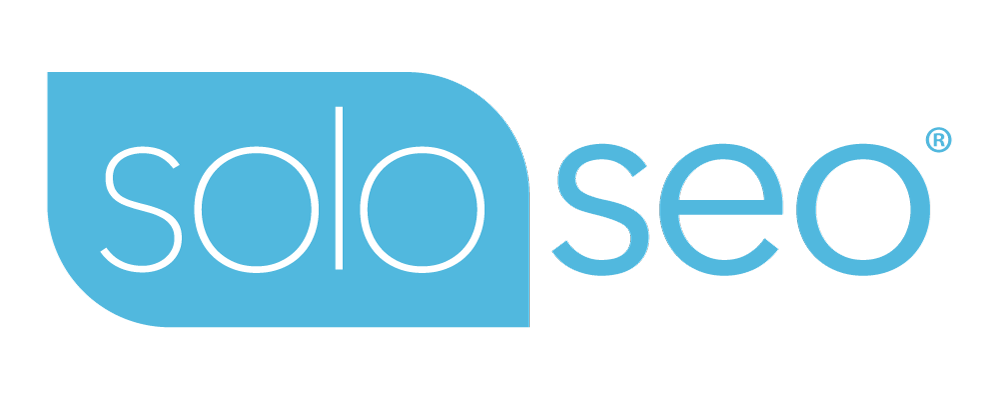Today, I took a few moments to take in a bit of the current online marketing blogscape. I eventually came across a post entitled “17 most common PPC mistakes web marketers make” by Igor Mor. It was posted on SEOMoz as part of their YOUMoz program where they “claim” posts from others they deem appropriate. Since my last post was about the ongoing feud between some PPC gurus and SEO pros, I was interested in the topic. As I read I was quite pleased with the content and the expertise Mr. Mor obviously has obtained through his experience with previous PPC campaigns. Unfortunately my positive mood did not hold out until the end, in fact I now wished this post had been named “16 most common PPC mistakes web marketers make,” because the 17th point is not very good advice at all.
In points 8, 9 and 16 Mr. Mor makes it a point to discuss the importance of protecting your firm’s name from your affiliates, and from your competition. This advice, although obvious to most business people, is very sound. Your firm’s name and the proper branding of that name are of paramount importance in the marketing world, online or otherwise. If your competition is using unethical marketing tactics to steal clients and benefit from your firm’s brand, or if they attempt to purposefully damage your firm’s reputation or brand image without cause, then by all means firms need to do all they can do, including taking legal action, to stop these competitive threats. I have no problem with this advice.
However, point 17 is so misguided and potentially dangerous, it severely reduced the quality of the post. Here is the problem, in his last point Mr. Mor suggests firms bid on the brand name of their competitors, because “anyone searching for your competitor could easily be your customer instead” (ghastly logic) and “Most of the time the ROI on those keywords is excellent” (Ah, we make more money, so the practice is acceptable, the good ole “Ends justify the Means argument”). What makes the whole suggestion even more preposterous is Mr. Mor explains earlier in point 8 that his firm frequently sends out “legal letters” to their competitors to stop them from continuing this type of unethical behavior. So I guess we have an acceptable double standard here, we are instructed to engage in bidding on our competitor’s brand name as a good PPC strategy, and we should make it a point to legally threaten our competitors if they attempt to do the same thing to our brands. Doesn’t sound so good to me, even with my lower than average cognitive skills. In Mr. Mor’s closing sentence, he advises “If you get a “legal letter” from the competitors and it holds water, I’d suggest comply with it.” If we get a letter, and if it holds water? I’m sorry folks, that isn’t a letter I want waiting for me in the mail box, the innumerable bills and credit card applications already in wait make the trip to the mail box miserable enough.
I get frustrated with the disconnect between the online world and the non-online business world at times. There is this maverick/old-west mentality online that continues to percolate, where obviously unethical and potentially illegal marketing strategies are employed by some with impunity. Interestingly enough, the resulting vitriol from those who are caught in their back alley practices is impossible for me to comprehend. These unscrupulous marketers know what they are doing is sinister, but they risk it anyway for a few extra bucks. How can they be so upset when they are shut down? Here is another thought… I know I personally do not want the FTC, or any other government entity, to form some sort of Internet Marketing Oversight group to start governing our every online marketing move. But if this sort of poor online marketing advice is continually doled out, and routinely implemented, then I think we should expect the involvement of the government in the future. And they will do it in the name of consumer protection, and fair trade enforcement, whether that truly be the case or not.
Just for fun, I took a second and went out and Googled “Dell Computers” and interestingly found no PPC ads for Apple or HP. I then searched for “Apple iPod” and found no PPC ads from Microsoft taking us to their Zune site. This isn’t by accident, corporate reputations are priceless. Clients aren’t fools and they will know when firms have attempted to hijack a competitor’s brand name. Yeah, you still might get a sell, and yeah, that will improve your ROI, but what has this ploy done to your company’s image? It is hard to quantify in dollar terms, but it should be considered, it is considered by image conscience Fortune 500 companies.
My advice, don’t bid on your competitors brand name in your PPC campaigns, earn your money the old fashioned way, work harder, work smarter, have a better product, offer superior customer service, run PPC ads on the long tail keywords, have fresh content on a site benefiting from solid SEO techniques. Simply put, do it the right way, stay above the murky waters of black-hat marketing tactics. You will sleep better knowing you will not be receiving a cease and desist letter from your competitor’s legal representatives for unethical behavior. Instead, if you do it the right way, you may very well get an offer from a competitor to just buy you out, because they are sick of being hammered by your squeaky-clean, brilliantly employed marketing efforts, and interestingly enough, your pristine brand will actually be worth your ridiculously high asking price. 😉



